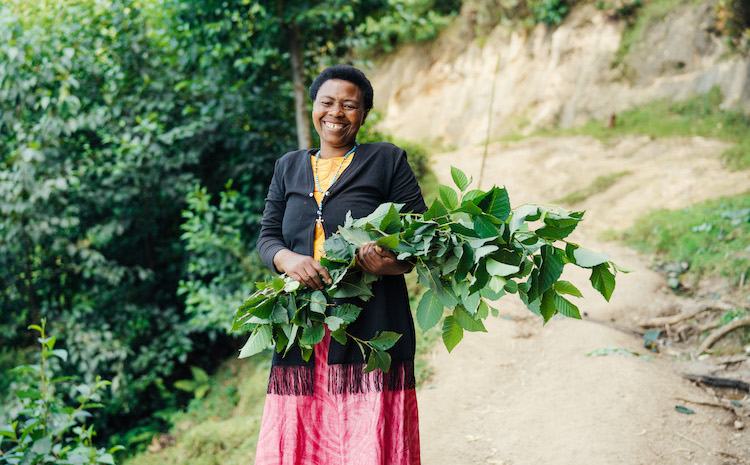But Is Philanthropy the Way to Go?
By Lisa Vives, Global Information Network
NEW YORK (IDN) — A coalition of climate philanthropies, governments, technical support providers and others, responding to an urgent call by African leaders for environmental funding, has pledged close to $2 billion to help protect carbon reserves and biodiversity.
According to the World Resources Institute (WRI), Africa suffers from the highest level of forest degradation on earth at 65 per cent, which leads to food and water insecurity, widespread erosion, limited economic opportunities and vulnerabilities to climate change. Currently, WRI’s regional director is Wanjira Mathai, daughter of Nobel Prize winner Wangari Mathai who founded the Green Belt Movement and who characterized the environment as Africa’s life support system.
To stop degradation and accelerate restoration, the African Forest Landscape Initiative (AFR100) partnership was launched with 32 African governments, local entrepreneurs, financiers, and technical support providers. WRI and the African Union Development Agency are providing foundational support alongside dozens of like-minded partners.
As part of the financing effort, the Bezos Earth Fund, founded by American entrepreneur Jeff Bezos, has pledged $1 billion by 2030 and has already allocated $50 million in support of AFR100’s work in two iconic landscapes: the Rusizi River Basin and the Great Rift Valley.
Bezos’s philanthropic organization so far has pledged 30 of its $10-billion fund toward nature conservation, restoration and food-systems transformation. The fund is seeking a coalition with African and European countries around this year’s UN climate summit to add heft to land restoration efforts.
The Earth Fund is hoping to start reversing deforestation and land degradation on 250m acres of land in Africa by 2030, Andrew Steer, the philanthropic organization’s chief executive, told Reuters.
Three financing partners of AFR100 have announced commitments to a finance mechanism that will build local capacity and make loans and grants available to local communities and entrepreneurs restoring land in Africa.
But Bezos’ generosity has limits if not flaws, according to his critics. Tax and climate activists point out that Bezos’ freedom to donate is largely derived from Amazon paying a corporate tax rate of barely 1 per cent. Then there’s the question of Amazon’s convenient deliveries and massive data centres, which together emitted about 44.4 million metric tons of carbon dioxide in 2018.
At a recent meeting of the UN Green Climate Fund, wealthy nations were pushing for donations from big businesses and the super-rich, despite the secretariat expressing doubts about this strategy. Private sector donors are unwilling to cede control over funding decisions, the GCF found. [IDN-InDepthNews — 14 November 2022]
Photo: Climate philanthropies have pledged close to $2 billion to help protect carbon reserves and biodiversity. Source: afr100.
IDN is the flagship agency of the Non-profit International Press Syndicate.
This article is published under the Creative Commons Attribution 4.0 International licence. You are free to share, remix, tweak and build upon it non-commercially. Please give due credit.

